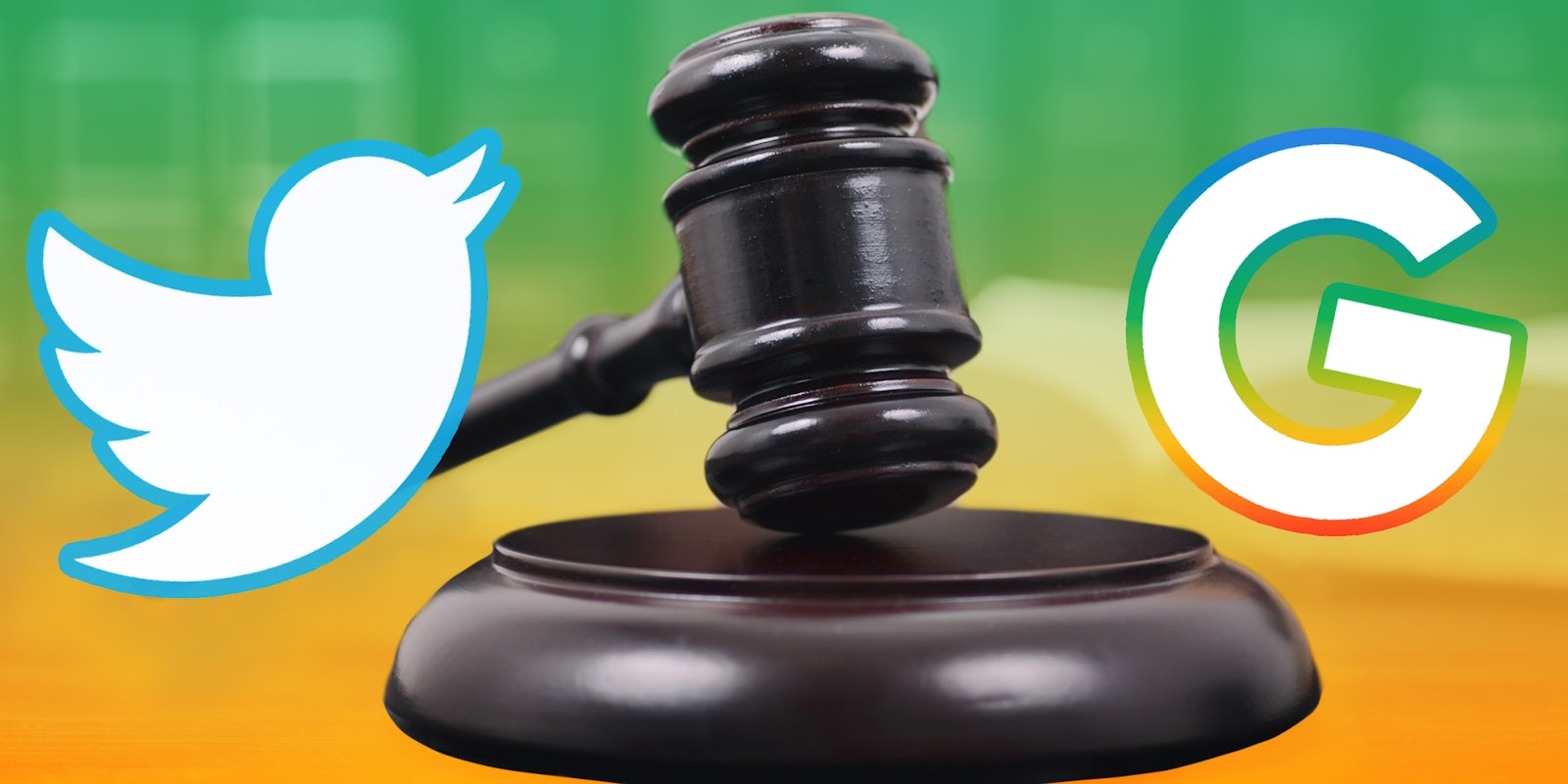
There’s a big Section 230-sized elephant in the room.
One of the earliest internet speech laws, this section has built much of the present online ecosystem. It’s what protects everyday online businesses from being held liable for the comments of their users, and helps ensure free speech for creators. But, in the age of organized violence through platforms like Twitter, Facebook, and YouTube, the section has become increasingly controversial, with platforms facing heat for not doing enough to stop harmful content.
Recently, the Supreme Court took up two cases seemingly tied to the content liability law, against Twitter and Google respectively. As creators and media giants alike waited for a ruling, the results rendered a bit anti-climactic: Section 230 was not within the purview of these cases. Still, the rulings present interesting consequences for users and creatives everywhere. …
